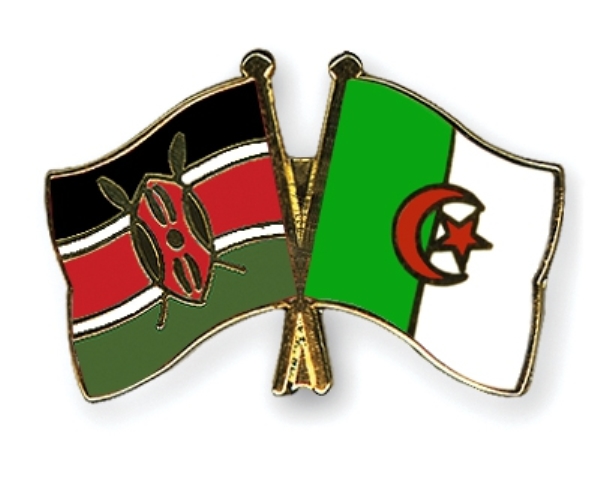
Cuban leader Fidel Castro, left, shares a laugh with South Africa President Nelson Mandela at the World Trade Organization held in Geneva Tuesday, May 19, 1998. Mandela and Castro said in separate speeches that the global trading system had failed to achieve its goals of bringing a higher standard of living to many developing countries. (AP Photo/PATRICK AVIOLAT)
By James Butty
The deputy chair of the African Union Commission said the modern history of Africa owes a lot to Cuba and its late leader Fidel Castro.
Erastus Mwencha said Cuba’s involvement in Africa began at a time when the continent had few friends.
Mwencha says when it came to Africa, Castro lived what he preached.
“First of all, we send our condolences to the family and also to the people and government of Cuba, and of course, for Castro. As you know, and this is well documented, that you cannot write the history of Africa or Cuba, without Castro. It started with the DRC, with Patrice Lumumba and continued until the liberation of South Africa from apartheid. And, so Cuba, through Castro, gave resources, gave soldiers, trained combatants, and did everything it could to assist Africa gain independence,” he said.
Mwencha said Cuba under Castro, has been very much associated with Africa’s development.
“As you know, Cuba provided support in the form of medical doctors and has also trained a number of doctors from Africa in Cuba. And most recently when we had the problem of Ebola, Cuba was one of those countries, challenged as it is under sanctions that sent doctors and did everything that they could to assist the countries that were affected by Ebola. And so Cuba has been standing with Africa and working with Africa throughout whether it was through independence but also during development time,” Mwencha said.
Africa, in turn, supported Cuba
He said Africa has also stood by Cuba in international settings even as the island nation faced crushing international sanctions, particularly from the United States.
“Africa has consistently sponsored a resolution in the United Nations and which was always passed in the African Union and before that OAU, calling for the removal of sanctions because every country has a right to choose the form of economic development they may wish to follow and for Africa we didn’t think that the rest of the world has the right to choose for Cuba the course of her history,” Mwencha said.
Mwencha said Africa is happy to see that those countries that imposed sanctions on Cuba, especially the United States, saw that the sanctions were not achieving their desired objectives and have found the need to ease the sanctions.
Castro tried to help his people
“If you have been to Cuba, and I have been, you will see what he has tried to do with the people of Cuba. For instance, Cuba is one country in the world that has highest life expectancy because of the investment he did for the people. Of course Cuba is poor, but he went ahead to share the little he had. That is really what you might call humanity in him that was larger than just the individual Cuba,” Mwencha said.
South African president, Jacob Zuma, also had warm words for the Cuban leader, thanking him for his help and support in the struggle to overthrow apartheid.
“President Castro identified with our struggle against apartheid. He inspired the Cuban people to join us in our own struggle against apartheid,” Zuma said in a statement.
Voice of America


